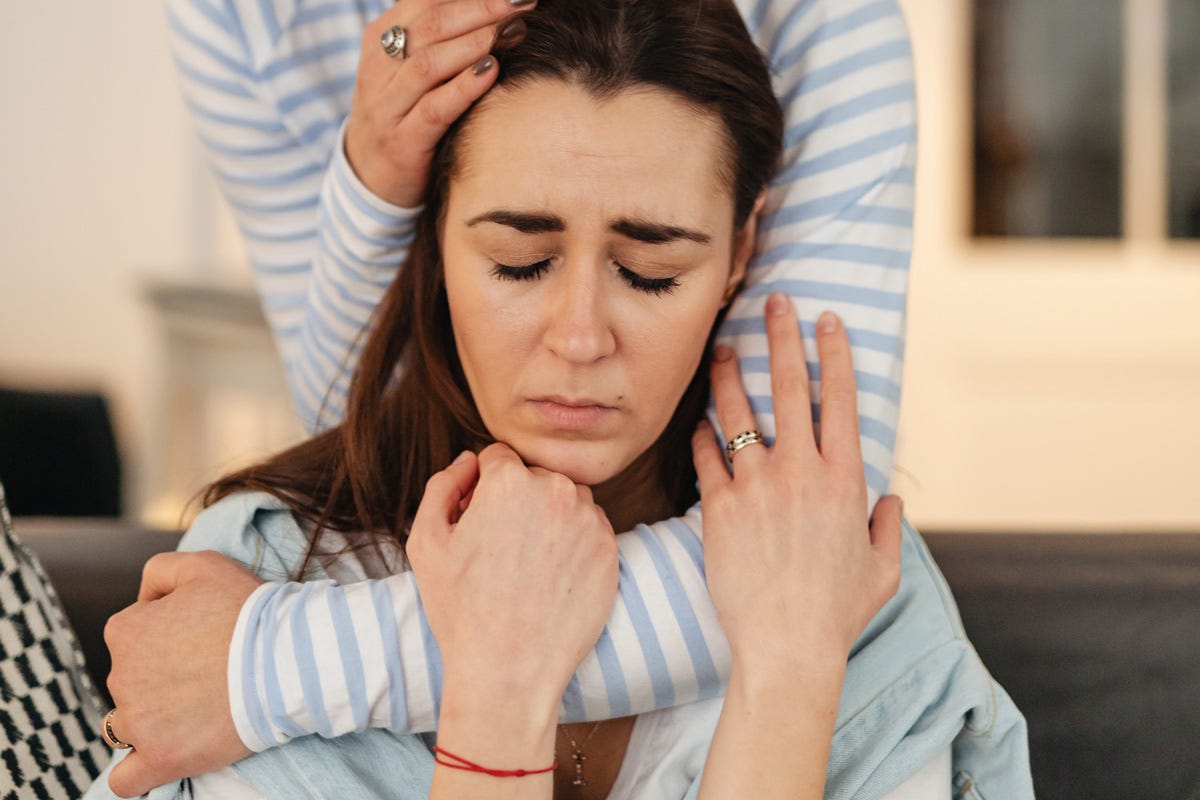EMOTIONAL AND MENTAL HEALTH FOR WIDOWS
Sharing experiences and memories with another widow and being there to provide support helps you both.
When a widow starts her grief journey, she does it as a single person. She is no longer a couple. She begins living her new normal and will need the support of others who have travelled this path. Typically, only a fellow widow can fully understand this unique journey. That’s why supporting one another is essential.
Listening and mutual sharing is an important place to begin. It is likely that only you know what another widow needs to hear. Sometimes even close friends or those at work don’t know what to say or are afraid they will say the wrong thing. Though they want to help and often really do care, they just don’t know how to reach out. Sometimes, just listening is all a widow needs.
There are many practical ways to support another widow while also finding connection and friendship for yourself.
Bringing over a meal will ensure that you are both …
Keep reading with a 7-day free trial
Subscribe to Widow Life™ to keep reading this post and get 7 days of free access to the full post archives.




